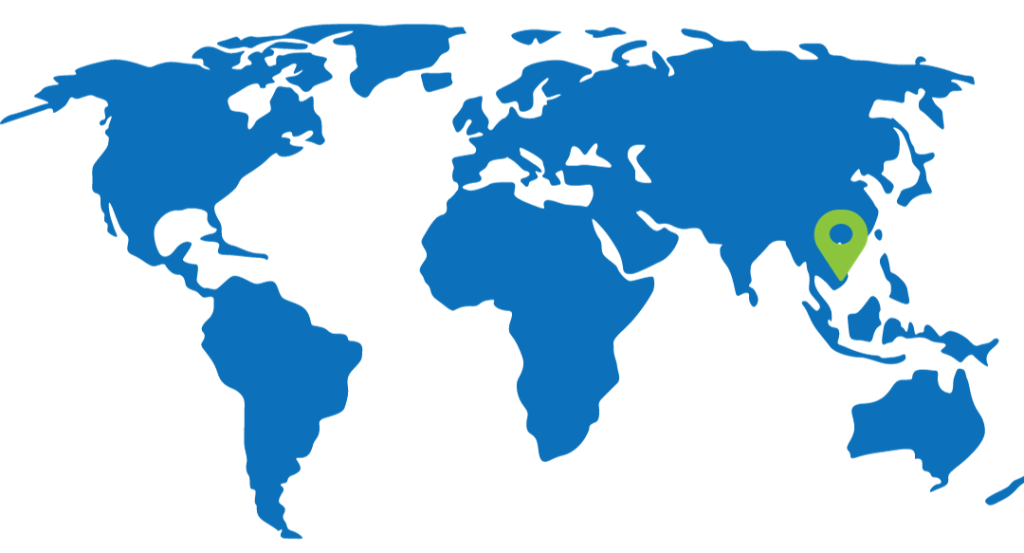Vietnam’s National Assembly has officially passed amendments to the Law on Standards and Technical Regulations, signaling a major shift in how regulatory compliance is managed across industries. The revised law aims to enhance transparency, reduce redundant procedures, and align national practices with international commitments, particularly under agreements like CPTPP, EVFTA, and RCEP.

Expanded Definitions and Regulatory Clarity
One of the central updates is a refined glossary of terms and roles. Definitions for standards, technical regulations, and conformity assessment activities including testing, inspection, certification, and accreditation have been clarified to remove ambiguities and establish consistent regulatory language.
The law also replaces the narrower term “conformity certification organization” with “conformity assessment organization” (Articles 50–52), a broader designation that includes testing, inspection, and certification entities. These organizations must now meet more stringent technical and legal requirements, including liability for compensation if incorrect assessments cause harm.
Streamlining Conformity and Reducing Regulatory Overlap
A significant change comes in the form of Clause 1, Article 69a, which introduces exemptions from the declaration of technical-regulation conformity for products already governed under specialized laws with equivalent quality management provisions such as the Food Safety Law or the Law on Pharmacy. This adjustment eliminates the prior dual-assessment burden, where businesses had to perform conformity checks under both general technical regulations and specialized laws for the same product.
This shift supports a move from pre-inspection to post-inspection models of oversight, encouraging enterprise self-responsibility while reducing administrative overhead and costs.
Recognition of International Conformity Results
The revised Article 48 expands the legal bases for declaring technical-regulation conformity. In addition to domestic certifications, results from foreign conformity assessment organizations may now be used if they are mutually recognized under international agreements or unilaterally recognized under Article 57. This approach improves efficiency, avoids redundant testing, and supports Vietnam’s trade commitments.
Digitization of the Conformity Declaration Process
All conformity declarations both for standards and technical regulations must now be registered digitally through the National Database on Standards, Measurement and Quality (Clause 2, Article 45 and Clause 2, Article 48). Required information includes product details, applicable standards or regulations, responsible entities, and supporting technical documentation.
This digitization streamlines the process, supports real-time oversight, and enables better data-sharing between ministries and regulatory bodies, enhancing the efficiency of post-market surveillance and compliance activities.
Principles for Standards and Technical Regulations Development
New guiding principles for the formulation and application of standards and regulations are codified in Article 10a and Article 26a. These clarify that:
Standards are voluntary unless specifically invoked by regulation.
Technical regulations are mandatory and issued based on multi-stakeholder consultation, risk assessment, and harmonization with international norms.
The law also prioritizes the development of national standards in strategic areas such as digital transformation, high-tech manufacturing, and export-focused industries.
For this article’s source information and any product certification guidance, please contact Global Validity.
Quick Country Facts
Vietnam
Certification Body: Ministry of Information and Communications (MIC)
Certification Type: Mandatory
License Validity: 36 Months
Application Language: English
Legal License Holder: Local Representative
In-Country Testing Requirement: In-Country Testing
The regulatory information above is based on radio type approval certification. Access additional certification requirements in over 200 countries and territories with Global Validity’s free proprietary product certification management software, Access Manager. Learn more about the platform here or fill our quick contact form!
Global Validity is your partner for global certification success
Want to learn more about regulatory compliance and how we can help? Simply fill out the form below and we’ll be in touch!
